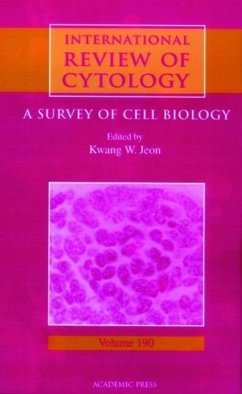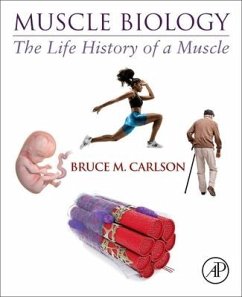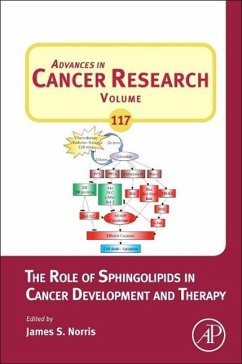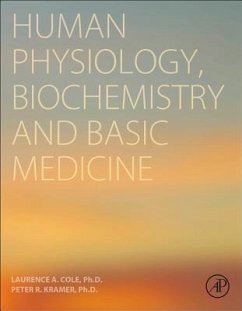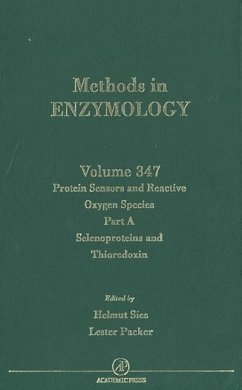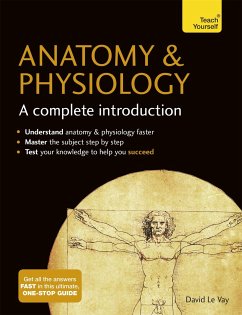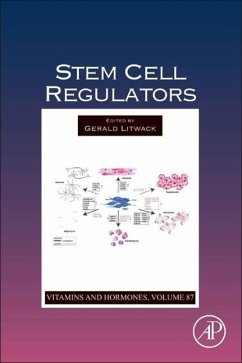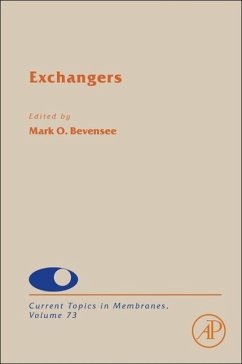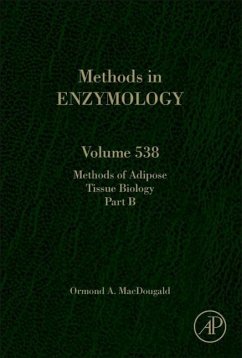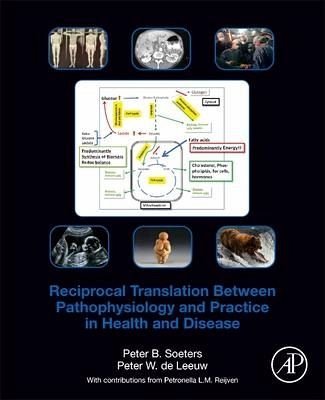
Reciprocal Translation Between Pathophysiology and Practice in Health and Disease

PAYBACK Punkte
68 °P sammeln!
Reciprocal Translation Between Pathophysiology and Practice in Health and Disease brings a novel perspective, closing the knowledge gap between normal/abnormal physiology. Chapters describe the basic mechanisms underlying a disease or trauma-related response, describe consequences in practice, and provide insights on how to use information to better understand disease outcomes. Other sections explore how these responses are beneficial and driven by similar hormones and inflammatory immune cell derived modulators. This is a must-have resource for those seeking an authoritative and comprehensive...
Reciprocal Translation Between Pathophysiology and Practice in Health and Disease brings a novel perspective, closing the knowledge gap between normal/abnormal physiology. Chapters describe the basic mechanisms underlying a disease or trauma-related response, describe consequences in practice, and provide insights on how to use information to better understand disease outcomes. Other sections explore how these responses are beneficial and driven by similar hormones and inflammatory immune cell derived modulators. This is a must-have resource for those seeking an authoritative and comprehensive understanding on how to treat the basic mechanisms underlying disease or trauma-related responses. With contributions from Petronella L.M. Reijven.




